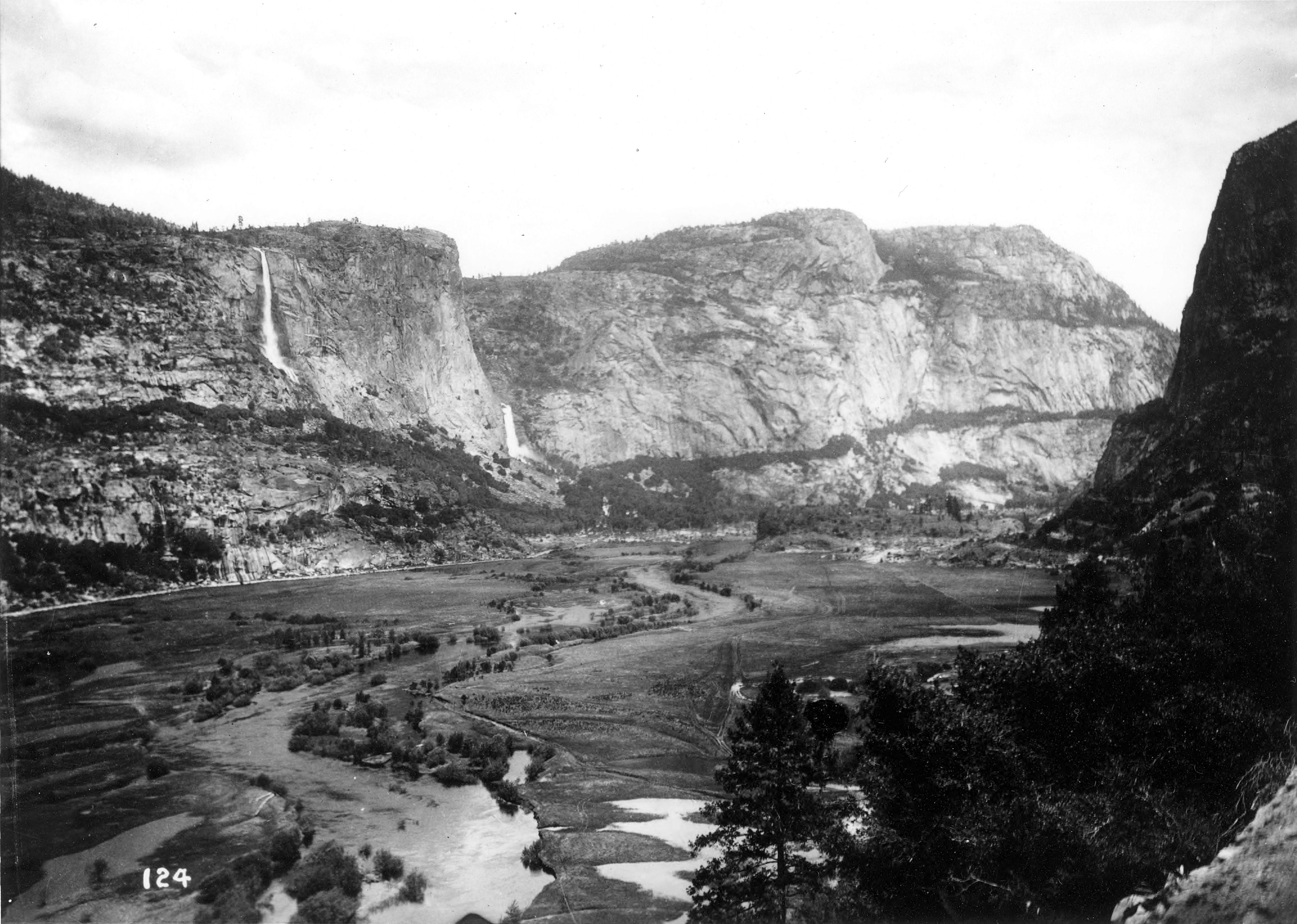What roles do sugar and slavery play in the expansion of European empires?
Sugar was becoming very popular in Asia and was quickly discovered by the Europeans. The Portuguese had to find new land to grow the sugar cane because it was required to have the right conditions to grow. This is when the Portuguese found the Guanches, an African tribe in order to take care of the sugar cane. This helped the Portuguese become very wealthy.

